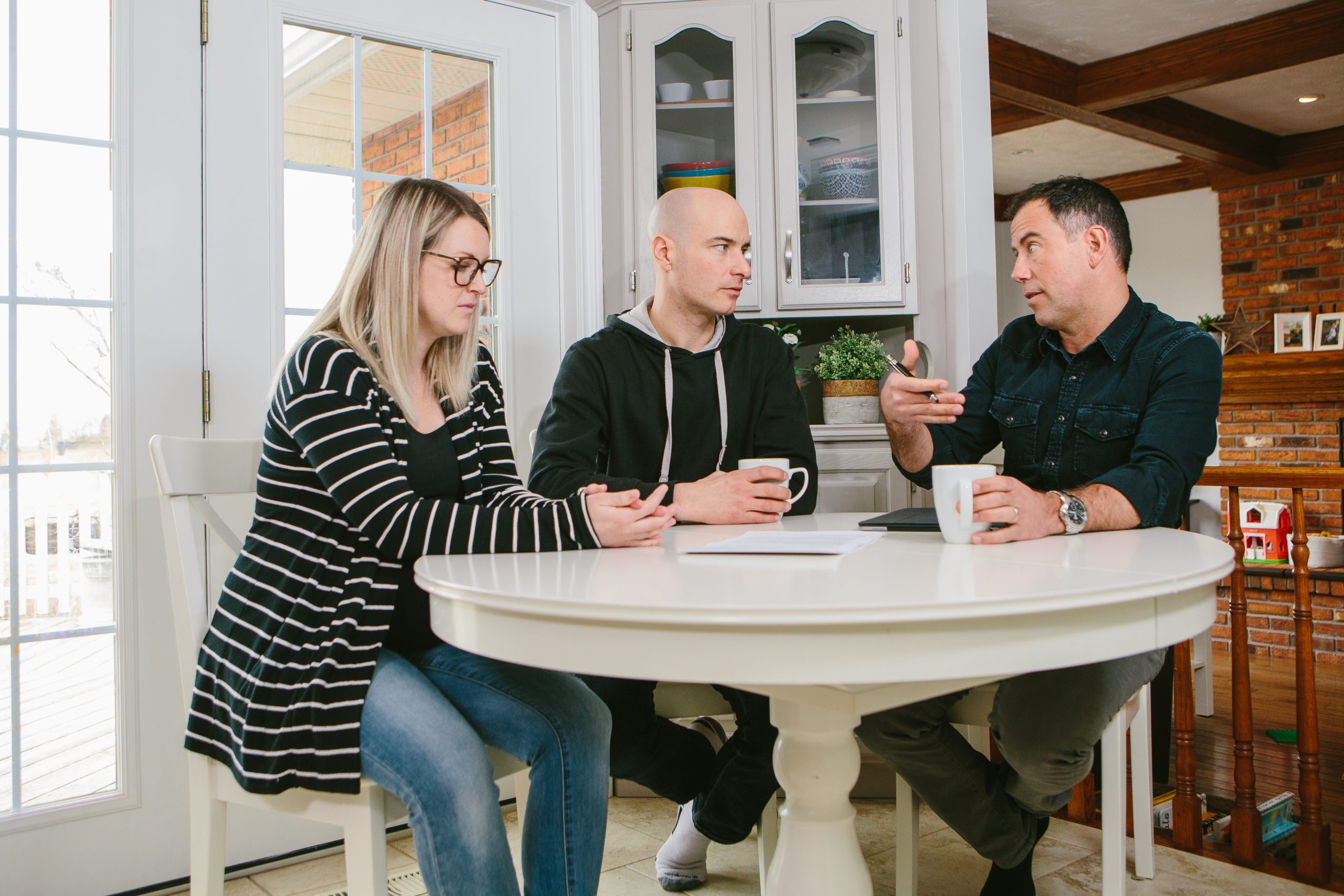As we work with buyers, we often get asked if there are any additional costs they should be planning for as they look to make a purchase of a property. This is a great question because there are a few things that are a part of almost every transaction that many haven’t planned for, which can come as a huge surprise.
So, here are the top 5 costs that can really add up, and seriously impact your bank account.
1. Land Transfer Tax
In Ontario the Land Transfer Tax is only charged when purchasing a property, it is not charged when you sell (because the buyer pays the tax). Here is the math:
-0.5% of the value up to and including $55,000
-1% of the value which exceeds $55,000 up to and including $250,000
-1.5% of the value which exceeds $250,000
-2% of the value which exceeds $400,000 up to $2,000,000
-2.5% of the value which exceeds $2,000,000
Eg. If you purchase a $500,000 property: $275 + $1950 + $2250 + $2000 = $6475
NOTE: Currently, first-time home buyers receive a refund for Land Transfer Tax in Ontario. No land transfer tax would be payable by qualifying first time purchasers on the first $368,000 of the value of the consideration for eligible homes. First time purchasers of homes greater than $368,000 would receive a maximum refund of $4,000.
2. Legal Fees and Closing Costs
We all want to find good rates for the professional services we are using, which motivates some people to shop around when picking a legal representation. But, often we are surprised when the final invoice doesn’t match the initial quote.
For example, recently a client was told the legal charge would be $1200 for closing their transaction, only to find out upon closing they had incurred $3000 worth of costs. The reality is, when closing a home, there are more legal costs than simply the lawyer’s fee. Things such as title searches, title insurance, etc. These items (and others) cost money and the expense is incurred by the buyer. Make sure you ask for a quote that is inclusive of all related expenses when budgeting your legal fees and closing costs. Our recent experience would suggest budgeting between $2500-$3000, depending on the deal would be appropriate.

3. Inspections and Financing
During the due diligence phase of an offer it is often important to have inspections completed when making a purchase. Typically a quality home inspector will charge you around $400-$500. Some properties also require septic, cistern or woodstove/fireplace inspections and possibly water samples. Many of these are standard inspections for rural properties and all come with an additional inspection cost. What you also may not have anticipated, is that when a lending institution is considering a mortgage request, they will typically send out an appraiser to assess the value on the property. Depending on the financial institution this is also an expense that you may incur.
4.Prepaid Property Tax and Utility Adjustments
This is often the biggest surprise of all. The easiest way to describe this is by giving an example. Eg: You purchase a house in April as the market begins to get busy. In February, when the property tax bill first arrived the seller wasn’t planning on selling the property and went ahead and paid the years property tax in full. It was $5000.
Upon closing in April, the lawyer needs to reconcile the costs the seller has paid (property tax, hydro, gas, etc.) and you are responsible to pay for them from the closing date forward. In the scenario above where tax was $5000, you would be responsible for approximately ¾ of that amount upon closing. If only the first instalment was paid, or the property tax bill wasn’t paid at all this can also work as a credit to the buyer (all depends on what adjustments are needed).
5. Bridge Financing / Interest Adjustments
Sometimes it’s very challenging to line up the closing dates when buying and selling. So, occasionally you will need to pay a fee to ‘bridge’ your existing mortgage and your new mortgage. Basically, it means that for a short period of time the lending institution loans you enough money so you can hold both mortgages (for a short period of time). You are responsible to pay the interest of that amount for the short time you need to ‘bridge’ that loan. Reach out to your lending institution and make sure you are aware of the estimated costs of this prior to removing your financing condition.
Buying and selling a home can be a challenging process, and we are here to remove unnecessary stress and help guide us through so we don’t have unexpected bumps in the road. If you have any questions about the process please reach out to your Lockyer & Lotz team member today to help you avoid any frustration in the process.
If you know anyone thinking of buying or selling this season, please feel free to pass this article along to them and let them know that we would love to journey with them to help simplify the process.
 Learn about closing costs that may impact your bank account
Learn about closing costs that may impact your bank account